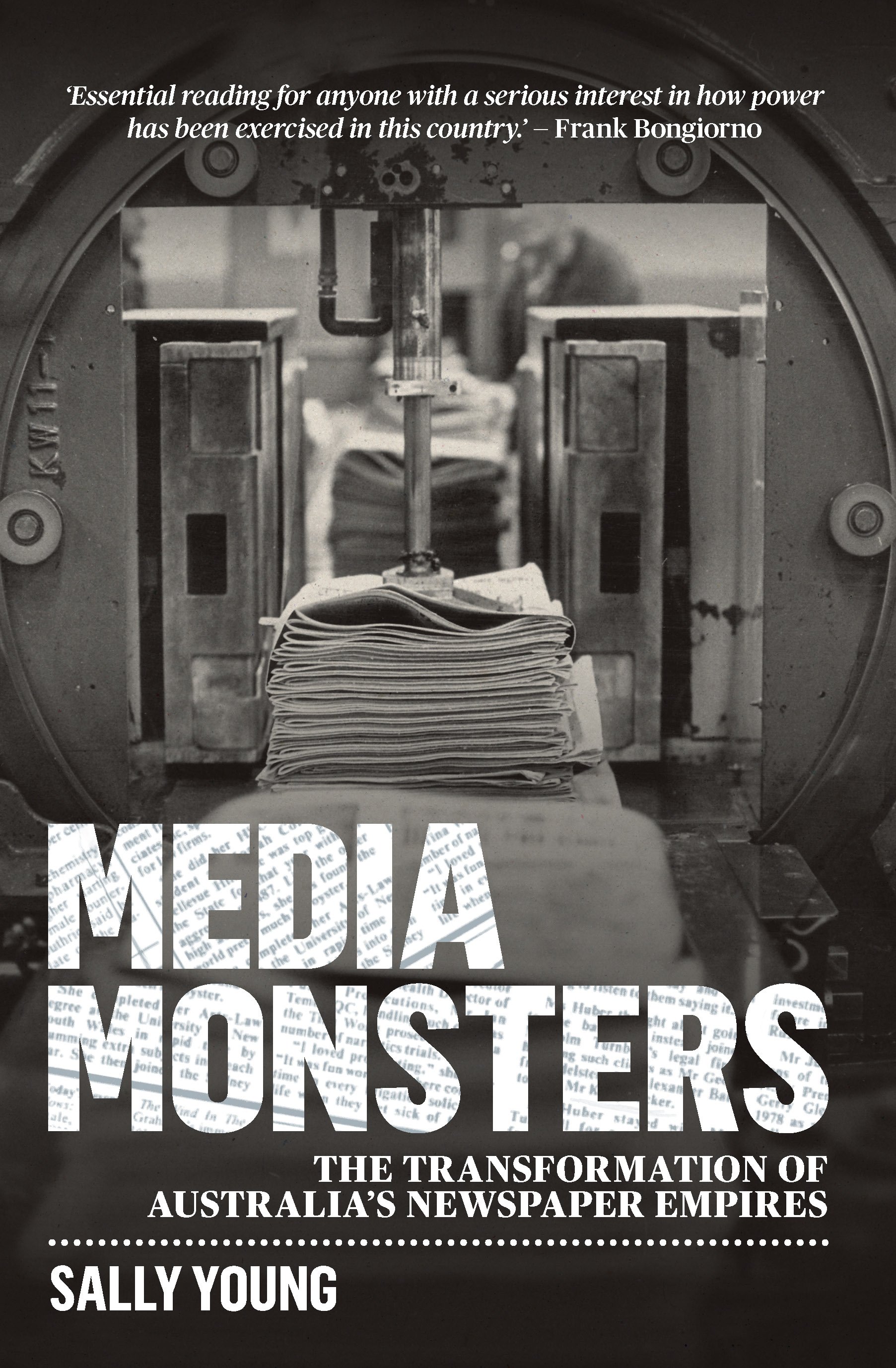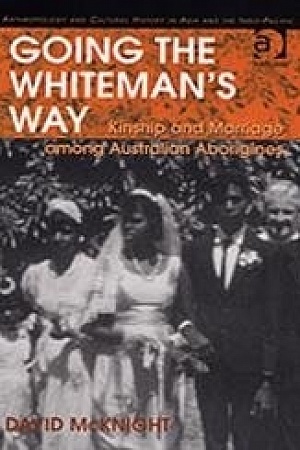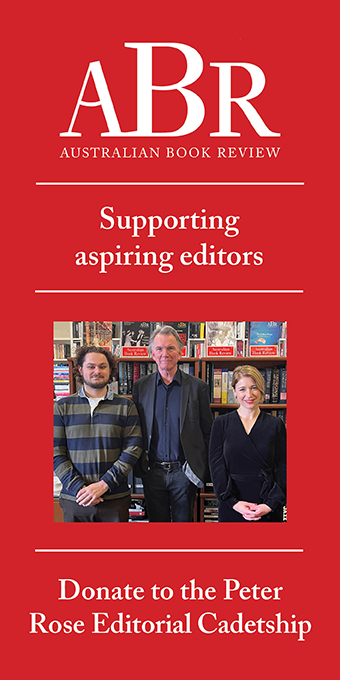Media Monsters: The transformation of Australia’s newspaper empires
UNSW Press, $49.99 pb, 576 pp
‘Nasty, brutish, and banal’
In 1968, Rupert Murdoch was one step from acquiring his first international media holding, in the British tabloid The News of the World. That Murdoch was so close was a personal coup, given that his press ownership had begun sixteen years earlier with a much-diminished inheritance, largely based in Adelaide. To pull off the News of the World acquisition, however, Murdoch needed government approval to transfer $10 million Australian offshore. Speed, secrecy, and surety were pivotal, and in search of all three Murdoch went to John McEwen, the deputy prime minister and leader of the Country Party. The two had an enduring bond: McEwen had helped Murdoch buy his grazing station and family bolthole, Cavan, and when McEwen was appointed acting prime minister after the death of Harold Holt in 1967, Murdoch had argued in The Australian that McEwen should be prime minister in his own right. Now, in 1968, McEwen took Murdoch to the prime minister, John Gorton, who was also familiar with the young press baron. Gorton had briefly been lined up to work for Murdoch’s father in the 1930s and owed something of his present job now to the influence Murdoch had wielded when it became clear that McEwen could not remain prime minister.
McEwen and Gorton brought the matter to Cabinet a few days later. Treasurer Billy McMahon raised objections. An unequivocal departmental brief was McMahon’s main prompt, but another was his close relationship with Murdoch’s rival Sir Frank Packer, who had once promised to send Murdoch back to South Australia ‘with his fookin’ tail between his fookin’ legs’. Not this time. Murdoch’s path, with Gorton and McEwen behind him, was cleared. Politely ignoring a comment from Paul Hasluck that Murdoch was a ‘brigand’, Cabinet approved the transfer and Murdoch duly took his money offshore and got The News of the World – and then the world.
Continue reading for only $10 per month. Subscribe and gain full access to Australian Book Review. Already a subscriber? Sign in. If you need assistance, feel free to contact us.














Comment (1)
Leave a comment
If you are an ABR subscriber, you will need to sign in to post a comment.
If you have forgotten your sign in details, or if you receive an error message when trying to submit your comment, please email your comment (and the name of the article to which it relates) to ABR Comments. We will review your comment and, subject to approval, we will post it under your name.
Please note that all comments must be approved by ABR and comply with our Terms & Conditions.